The European Commission Statement
The European commission has adopted a decision to support
The European commission has adopted on 13th September 2002 a decision to support the peace process in Sri Lanka under its Rapid Reaction Mechanism. Following the February 23rd Ceasefire Agreement, the Government of Sri Lanka and the Liberation Tigers of Tamil Eelam (LTTE) will start on Monday September 16th, formal talks in Thailand on further steps to be taken in the peace process. The Commission’s Decision is timed to coincide with the start of these talks. The additional Community funding is in recognition of the parties’ commitment to the Cease Fire Agreement. Its main objective, for which the total budget is £ 1.8 million, is to finance a series of measures to implement key provisions of the Cease Fire Agreement and to build confidence in the peace process.
The European Commission financed in May this year an assessment mission to Sri Lanka under its Rapid Reaction Mechanism (RRM) to explore possibilities for RRM-assistance for the peace process. On the basis of the outcomes of this mission (http://www.europa.eu.int/comm/external_relations/cpcm/doc.htm) and the August 14 Agreement between the Government of Sri Lanka and the LTTE to start formal talks on September 16, the Commission prepared a programme to implement key provisions of the Cease Fire Agreement and to build confidence in the peace process. The programme will focus on highly visible actions demonstrating the importance the European Commission attaches to the political initiatives currently undertaken. This programme under the Rapid Reaction Mechanism is additional to and supportive of other Community programmes.
The programme consists of the following measures:
Support to the implementation of the Cease Fire Agreement by rehabilitating schools that had been used for military purposes before being vacated as agreed in the Cease Fire Agreement. This includes clearing the school areas of mines, rehabilitation of the buildings and refurbishing them with basic equipment.
The rehabilitation of electricity lines between the checkpoint on the Kandy-Jaffna road in order to improve the movement of people between the former conflict zones by allowing the checkpoint to be operational on a 24h per day basis.
A financial contribution to the Peace Secretariat in order to facilitate activities aiming at the dissemination of information concerning developments related to the peace process to key stakeholders and the population.
Support to activities of the Human Rights Commission aiming at raising awareness among the population of human rights in general and minority rights in particular.
The contracts under this programme will be signed in the coming days. Implementation of the planned activities will start shortly after.
In parallel, the commission has started the process to mobilise £ 4 million under the rehabilitation budget line. These funds will be used for the rehabilitation of the Batticaloa Railroad, an additional contribution to assist the return of displaced persons and to finance a mine survey under the UN Mine Action Programme. The Commission will follow up these activities with its Country Strategy Paper 2003-2006.
.jpg)
The Road to Reconciliation, 2010
- Investment and Education for Development
(January 21, 2011)
- Stability and Confidence for Revitalization - entrepreneurship and education amongst the resettled
(January 21, 2011)
- Civil Military Liaison - The key to social progress
(January 21, 2011)
- Overcoming constrictions and tyranny - The oppression of the LTTE in Mullaitivu
(January 21, 2011)
- Promoting Contact - English programmes for all communities in the East
(January 21, 2011)
- Making Connections - The revival of Trincomalee
(January 21, 2011)
- Individual Innovations and Initiative
(January 21, 2011)
- Independence Day Celebrations at the Rehabilitation Centres
(January 21, 2011)
- Returns for the Old and the Recently Displaced
(January 21, 2011)
- Promoting Prosperity and Reconciliation in Amparai
(January 21, 2011)
View all articles in this section
Disclaimer
The material presented on this website is released under the Creative Commons Attribution-ShareAlike 3.0 Unported license , which allows free use, distribution, and creation of derivatives, so long as the license is unchanged and clearly noted, and the original author is attributed. Some of the works on this server may contain live references (or links) to information created and maintained by other organizations, the accuracy for which we are not responsible.The views expressed in the material on this website are personal to the respective authors and do not necessarily reflect any official view.

Processing Request
Please Wait...






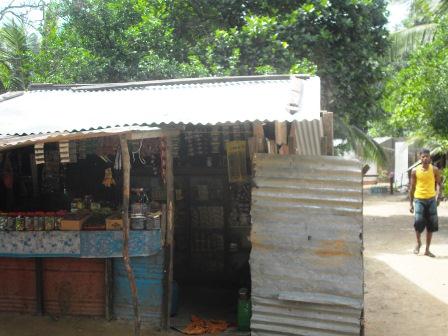
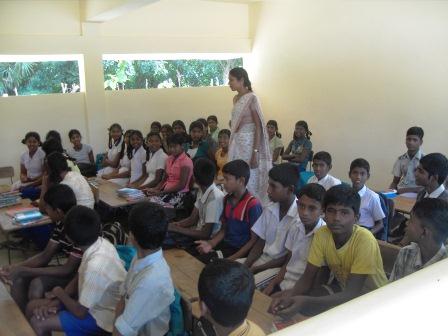
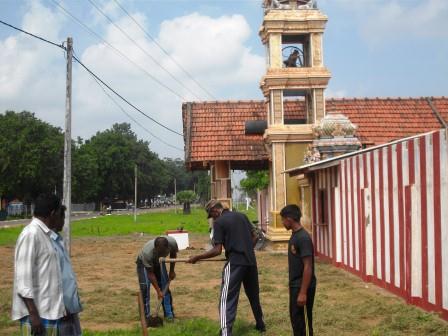
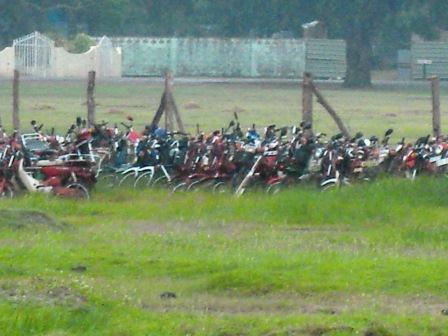
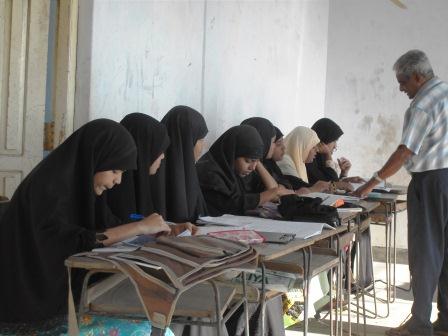
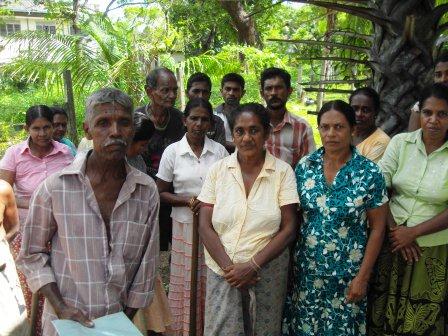


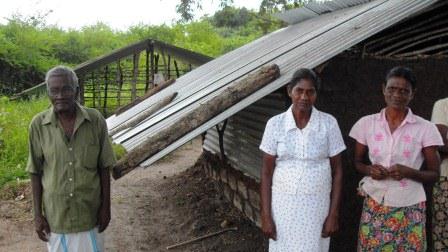
.jpg)